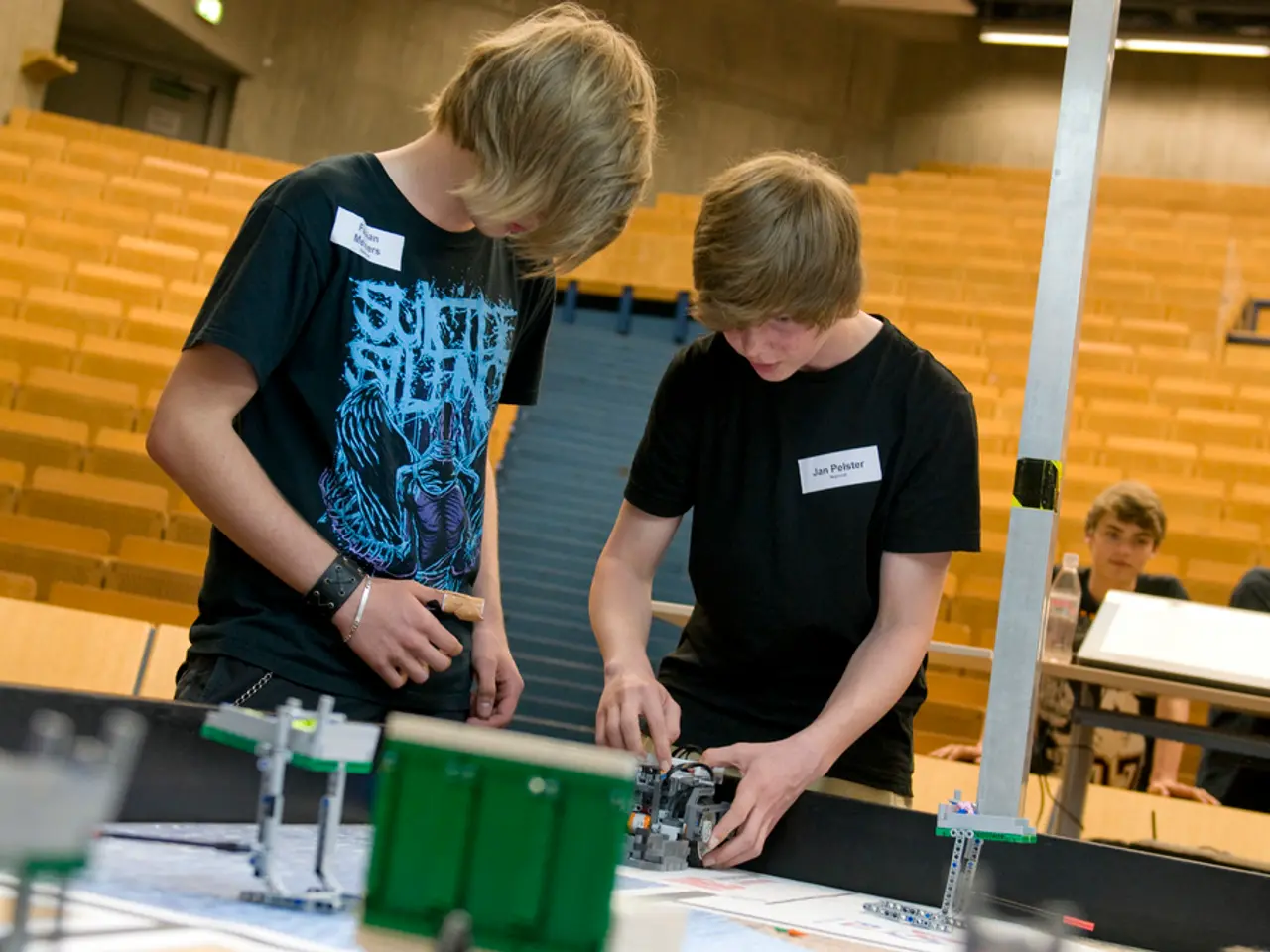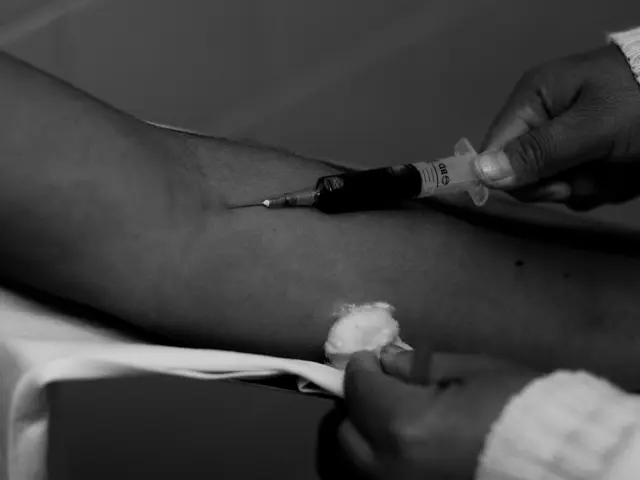Burgeoning Biotech Professions Witnessing Surge in Demand
In the rapidly evolving world of biotechnology, a range of careers are experiencing significant growth, driven by the potential of emerging technologies and the increasing complexity of biotech products. Here's a snapshot of some of the most sought-after professions in the industry.
CRISPR gene editing scientists are currently in high demand due to the revolutionary potential of CRISPR technology in developing therapies for various diseases. This field, which involves manipulating genes within cells, holds promise for treating genetic disorders and is a hot topic in the biotech industry.
The global computational biology market is projected to grow from $6.6 billion in 2023 to over $20.5 billion by 2030. This surge is fuelled by the growing demand for predictive modeling from pharmaceutical and biotechnology companies. Professionals in this field, such as computational biologists, are highly sought after for their ability to analyze vast amounts of biological data using computers.
Microbiologists, who study microorganisms including bacteria, viruses, and fungi, are essential in the biotech industry. Their work contributes to preventing and treating diseases, developing new technologies, and ensuring food safety and environmental monitoring.
The biotech job market, however, has faced challenges in 2025, with many companies resorting to mass layoffs and hiring freezes. Despite this, the sector continues to offer numerous opportunities, particularly in the fields of AI, regulatory affairs, gene therapy, manufacturing, computational biology, microbiology, and CRISPR-based gene editing.
AI specialists are in high demand due to the increasing use of AI in drug discovery, a trend expected to continue in the future. Regulatory affairs specialists, on the other hand, ensure that biotech products comply with relevant government legislation.
Gene therapy researchers and scientists are currently in high demand, thanks to the success of gene therapy in treating genetic disorders. The FDA's approval of a CRISPR-based gene therapy has triggered a flurry of recruitment in this niche, revealing a gap between academic training and industry needs.
In Germany, biotechnology professions particularly in demand will include experts in vaccine development and production, as well as specialists in biotechnological research linked to immunology, molecular biology, and digitalization-driven biotech innovations.
The versatility of CRISPR technology is proving instrumental across various sectors, even in enhancing global food security. The bioprocess/MSAT (Manufacturing Science and Technology) engineer is a career in high demand, responsible for streamlining the drug development process and fixing technical issues with AI technology.
Manufacturing associates in drug production are essential for handling the production of pharmaceuticals, particularly those in scarce supply like certain ADHD treatments, GLP-1s, and cell-based therapies. Bioprocess/MSAT engineers specializing in cell and gene therapy manufacturing are also in high demand due to the expanding cell and gene therapy pipelines and the bottleneck in manufacturing.
In conclusion, the biotech industry offers a wealth of opportunities for those with the right skills. Whether it's in CRISPR gene editing, computational biology, microbiology, or AI, there's a place for everyone in this exciting and rapidly growing field.
Read also:
- Health professional vaccination rates for the flu in 2024 hit a seven-year low
- European Commission introduces communication on strategies for protecting democracy and fundamental rights online
- Exploring the Health Benefits of Consuming Plum Liqueur Infused with Oats and Almonds
- Europe's mandatory vaccination programs advocated by health officials in the face of mounting disinformation








